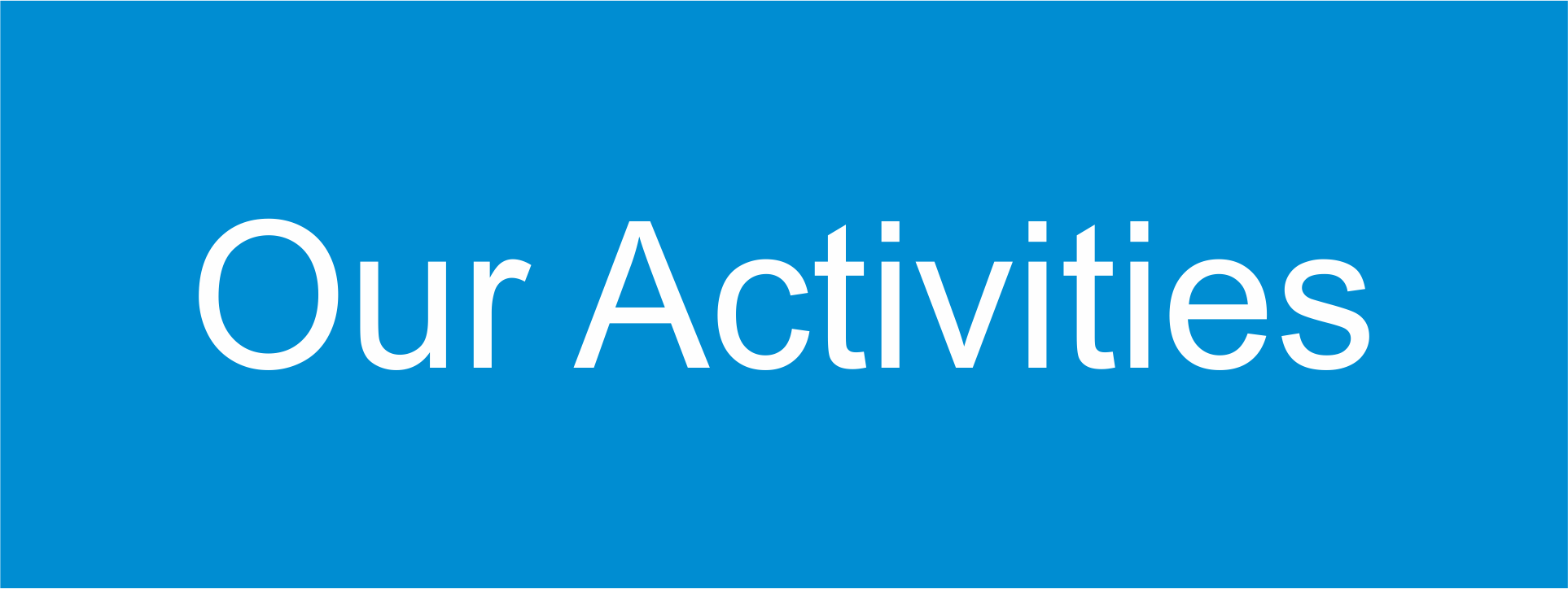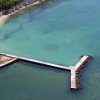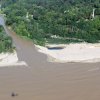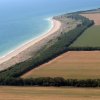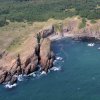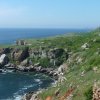Center for Coastal & Marine Studies
MARSPLAN-BS II FINAL CONFERENCE: Lessons from the Black Sea for coherent cross-border MSP
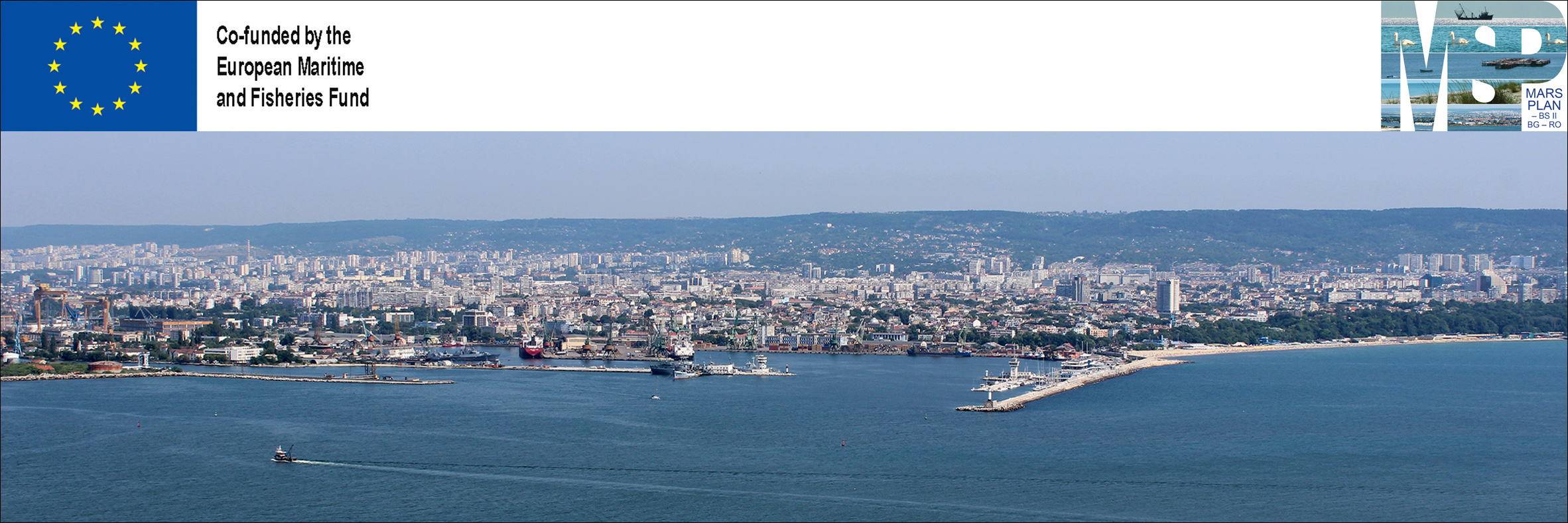
The Final Conference of the MARSPLAN-BS II project was held virtually on November 25, 2021 (organised by the Ministry of Regional Development and Public Work – MRDPW, Bulgaria, project coordinator of MARSPLAN-BS II). The project is implemented with the financial assistance of the European Maritime and Fisheries Fund (EMFF) of the European Union (EU) via the European Commission`s Directorate General for Maritime Affairs and Fisheries (DG MARE) and the European Climate, Infrastructure and Environment Agency (CINEA) under the Multi-beneficiary Grant Agreement EASME/EMFF/2018/ 1.2.1.5/01/SI2.806725. The project runs from July 2019 till the end of 2021 and its main goal is to support coordinated cross-sectoral Maritime Spatial Planning in Bulgaria and Romania in the framework of EU MSP Directive 2014/89/EU and to establish a long-term mechanism for cross-border cooperation in the Black Sea Basin.
Over 80 participants from different organizations attended the conference, including representatives of the European Commission`s Directorate General for Maritime Affairs and Fisheries (DG MARE) and the European Climate, Infrastructure and Environment Executive Agency (CINEA); the Black Sea Commission, the Organization of the Black Sea Economic Cooperation, members of MARSPLAN-BS II Advisory Board and all project partners.
NEW MSP-LSI RESEARCH PAPER HAS BEEN PUBLISHED: COASTAL EROSION DRIVEN LAND-SEA INTERACTIONS IN MARITIME SPATIAL PLANNING - A CASE OF BULGARIA
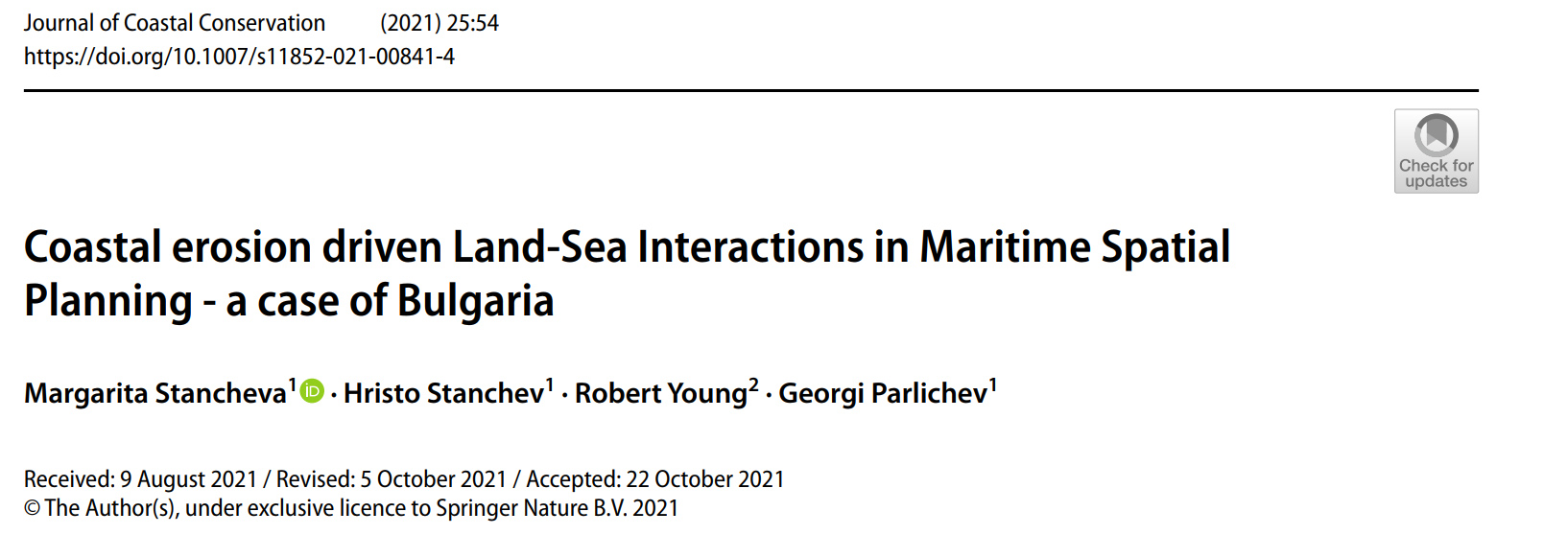
We are happy to announce, that Center for Coastal and Marine Studies (CCMS) in collaboration with Program for the Study of Developed Shorelines (PSDS), Western Carolina University, Cullowhee, NC, USA has published a new peer reviewed research paper: Coastal erosion driven Land-Sea Interactions in Maritime Spatial Planning - a case of Bulgaria. The article has been published online first in the Journal of Coastal Conservation (Springer Nature), Special Issue: Sustaining coastal and marine environments in the Anthropocene.
The publication has been a result of the MARSPLAN-BS II project collaboration (2019-2021), Cross-border Maritime Spatial Planning for Black Sea - Bulgaria and Romania, funded by the European Maritime and Fisheries Fund of the European Union via European Commission, DG MARE, Agreement number: EASME/ EMFF/2018/1.2.1.5/01/SI2.806725.
CCMS is leading the activity on Land-Sea Interactions. The paper provides a detailed investigation with specific focus on coastal erosion driven Land-Sea Interactions as a case study in the Shabla Municipality, North Bulgarian Black Sea coast, where the highest rates of the cliff erosion occur.
SECOND ADVISORY BOARD MEETING OF THE MARSPLAN-BS II PROJECT

The 2nd Advisory Board Meeting under the project "Cross-border Maritime Spatial Planning for the Black Sea - Bulgaria and Romania" - MARSPLAN-BS II was held online on November 16, 2021. The event was organized by the Ministry of Regional Development and Public Works, Bulgaria, MARSPLAN-BS II Coordinator.
The project is implemented with the financial assistance of the European Maritime and Fisheries Fund (EMFF) of the European Union (EU) via the European Commission`s Directorate General for Maritime Affairs and Fisheries (DG MARE) and the European Climate, Infrastructure and Environment Agency (CINEA) under the Multi-beneficiary Grant Agreement EASME/EMFF/2018/ 1.2.1.5/01/SI2.806725. The project runs from July 2019 till the end of 2021 by a consortium composed of eight partners from Bulgaria and Romania. Its main goal is to support coordinated cross-sectoral Maritime Spatial Planning in Bulgaria and Romania in the framework of EU MSP Directive 2014/89/EU and to establish a long-term mechanism for cross-border cooperation in the Black Sea Basin.
Representatives of all institutions involved in the project participated at the meeting - Romanian Ministry of Development, Public Works and Administration, National Center for Regional Development (Sofia, Bulgaria), National Institute for Marine Research and Development „Grigore Antipa“ (Constanta, Romania), Center for Coastal and Maritime Studies (Varna, Bulgaria), “Nikola Vaptsarov” Naval Academy (Varna, Bulgaria), GEOECOMAR (Bucharest, Romania), and Ovidius University of Constanta (Romania).
EGU2022 GM6.7 Session: Coastal zone geomorphologic interactions: natural versus human-induced driving factors
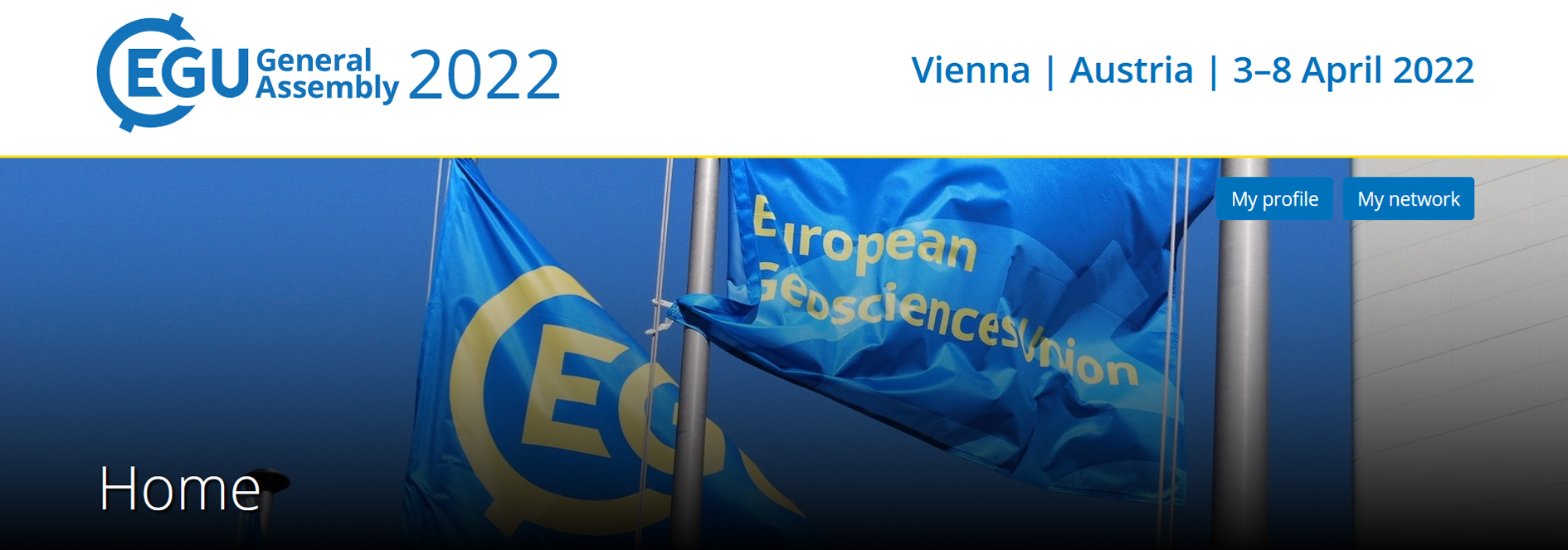
We are pleased to invite abstracts to the following EGU2022 GM6.7: Coastal zone geomorphologic interactions: natural versus human-induced driving factors
Conveners: Margarita Stancheva, Andreas Baas, Hannes Tõnisson, Guillaume Brunier, Giorgio Anfuso
Coastal zones worldwide face numerous pressures of anthropogenic impact, including urbanization, pollution, and resource extraction. Associated problems include coastal erosion, often aggravated by hard engineering responses, and pollution of waters and sediments affecting ecology and human health.
This session explores the interactions between natural geomorphic processes and human interventions in the coastal zone. Topics include work on predicting shoreline change and the effects of human activities on the coast, including coastal vulnerability to natural and human-related hazards, coastal and environmental sensitivity classifications and risk assessments, impacts on coastal dune fields, eco-restoration and re-building of coastal environments, Marine Spatial Planning, and Integrated Coastal Management.






















